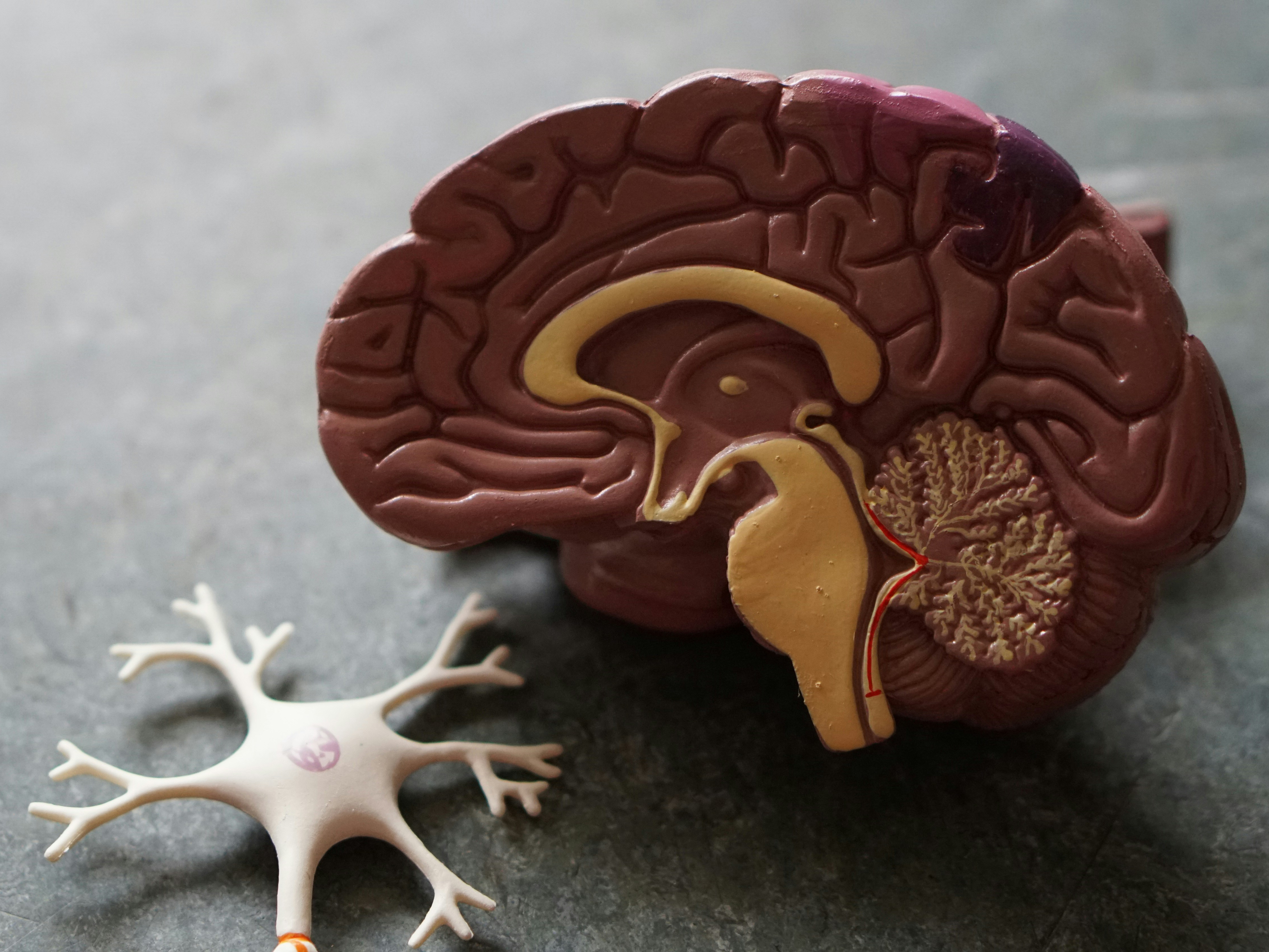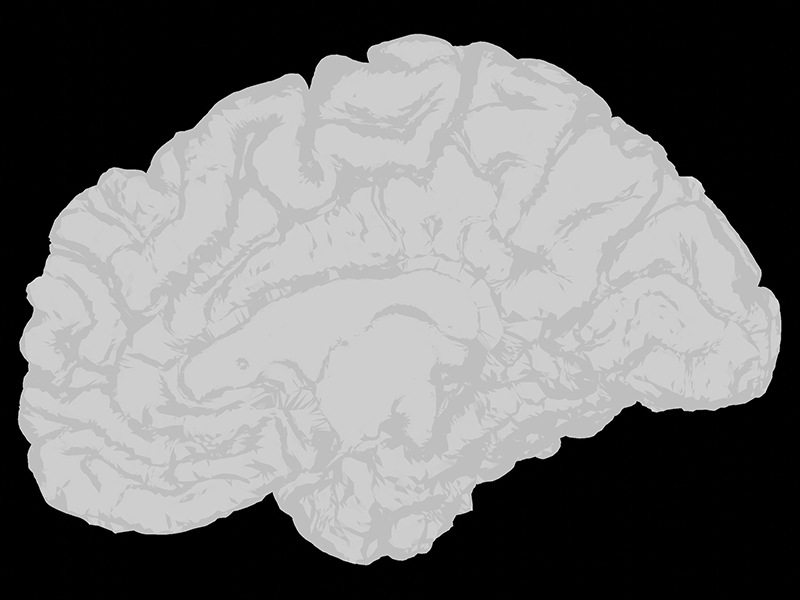Department of Psychology Research Labs
Below are the research labs available within the Department of Psychology. To participate in any of these PSYX 490R labs, it’s highly recommended to take the corresponding professor’s class. This approach allows you to explore your interests and choose a lab that aligns with your academic and research passions. Engaging in research at this level should be driven by your curiosity and enthusiasm for the subject matter.
Missing lab links will be added soon.

Attention & Memory Lab
Dr. Keith Hutchinson
khutch@montana.edu
This lab investigates human attention, memory, and language processes, focusing on attentional control and its interaction with context, cues, and instructions. Research examines performance in tasks such as selective attention, reading, memory, and response inhibition. Both young adults and older adults are studied to assess age-related changes in attentional control.

Social Cognition and Bias Lab
Dr. Ian Handley
ihandley@montana.edu
The lab studies social cognition with emphasis on attitudes, persuasion, unconscious thought, and automaticity. Research examines how goals, emotions, individual differences, and non-conscious processes shape attitudes and judgments. Current work includes the role of expectations in experiences, such as the placebo effect.

Sleep & Development Lab
Dr. Cara Palmer
cara.palmer@montana.edu
This lab investigates how sleep influences emotional, social, and cognitive development in children, adolescents, and emerging adults. Research examines links between sleep patterns, emotional regulation, stress reactivity, and mental health risk. Methods include EEG-based polysomnography, actigraphy, and ecological assessments.

Child & Adolescent Anxiety Lab of Montana
Dr. Brandon Scott
brandon.scott@montana.edu
CAALM studies the biological, emotional, and cognitive factors in the development of internalizing disorders in youth. Research focuses on physiological self-regulation, emotion regulation, and control beliefs. These are examined in relation to the onset, maintenance, and treatment of anxiety and depressive disorders.

Research, Education, and Culture in Health
Dr. Monica Skewes
monica.skewes@montana.edu
The lab investigates health disparities across marginalized groups, including racial/ethnic minorities, women, LGBTQ populations, and rural communities. Research emphasizes social determinants of health, particularly mental health and addictive behaviors. Studies aim to understand inequities in health behaviors, disease processes, and outcomes.

Modeling Health & Human Behavior Lab
Dr. Linying Ji
linying.ji@montana.edu
This lab uses advanced statistical modeling and machine learning to study health-related behaviors. Research integrates psychological theory with real-world data using tools like time-series models, multilevel modeling, and wearable devices. The lab emphasizes collaborative, inclusive, and interdisciplinary science.

Human Factors & Applied Cognition Lab
Dr. Ben Clegg
benjamin.clegg@montana.edu
Research focuses on human interaction with technology and systems to improve safety, usability, and performance. Applied cognition methods transfer knowledge from cognitive psychology to complex real-world tasks. Current studies examine automation and its impact on performance and learning.

Learning & Metacognition Lab
Dr. Nick Soderstrom
nicholas.soderstrom@montana.edu
The lab studies the difference between actual learning and perceived learning. Research identifies methods that foster durable learning and develop metacognitive skills for effective self-regulation. Findings inform both learning theory and educational practice.

Quantitative Methods for Psychological Science Lab
Dr. Fangxing Bai
fangxing.bai@montana.edu
This lab develops and applies advanced quantitative methods to strengthen research in psychology and education. Techniques include multilevel modeling, experimental design, and machine learning. The goal is to enhance methodological rigor and impact of psychological science.

Stress, Adversity, Resilience, and Health Lab
Dr. Neha John-Henderson
neha.johnhenderson@montana.edu
Research focuses on how psychosocial experiences across the lifespan influence health and disease risk. Methods include EMA, actigraphy, blood pressure monitoring, and immune system biomarkers. Current NIH-funded projects explore resilience and health outcomes in collaboration with the Blackfeet Community.

Existential Motivation, Belonging, and Experimental Research
Dr. Peter Helm
peter.helm@montana.edu
The EMBER Lab integrates social, personality, existential, and cultural psychology to study behavior and well-being. Research examines how personality, relationships, and existential concerns like mortality and isolation shape outcomes. Projects also address contemporary issues such as prejudice, bias, and conspiracy beliefs.

Grief, Resilience, Adversity, and Community Engagement (GRACE) Lab
Dr. Julie Gameon
julie.gameon@montana.edu
The GRACE Lab partners with communities to address grief, trauma, substance use, and suicide prevention in underserved populations. Using a community-based participatory framework, research identifies risk and protective factors. The lab co-develops culturally responsive and sustainable mental health interventions.

Psychology of Organizations Workplaces Equity and Racism
Mayra del Carmen
mayra.delcarmen@montana.edu
The POWER Lab investigates the experiences of marginalized and low-wage workers in organizational contexts. Research examines how mistreatment, invisibility, and exploitation affect mental and physical health. The lab applies an intersectional framework to study resilience and dignity across race, gender, class, and immigration status.


